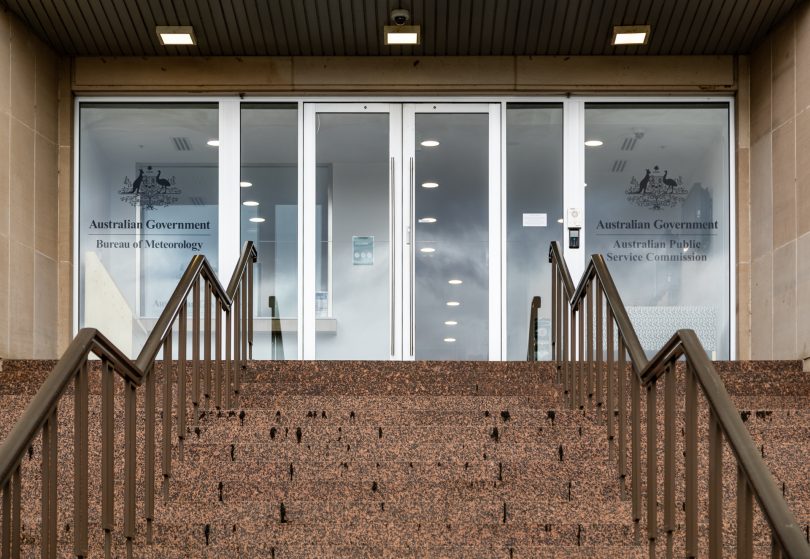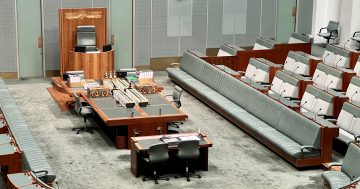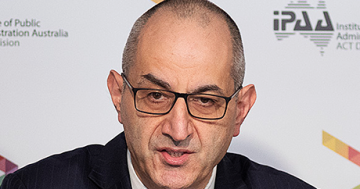
It’s been a big year for the Australian Public Service, and not all of it good. Photo: Michelle Kroll.
As years go, this one has been a doozy for the Australian Public Service.
It’s safe to say many public servants will be happy to see the back of 2023 after the string of scandals and upheaval – and the resulting damage to reputation – the sector has had to endure over the past 12 months.
In his final address to Parliament last week, Anthony Albanese even mentioned it briefly while trying to give the APS a morale-boosting thank you.
“The public service is an honourable profession,” the Prime Minister said, before adding, “We’re determined to restore its status.”
Its status has certainly been tarnished this year.
The government likes to blame it all on the previous government (that’s what all governments do), but that kind of finger-pointing only lasts so long.
Labor has been in office 18 months now and must take ownership of its workforce – warts and all.
Having said that, though, while the most awful of the APS’s woes have had the spotlight on them this year, they occurred on the Coalition’s watch.
Exhibit one – Robodebt.
The royal commission into the illegal scheme was gruelling and exposed elements of an APS hierarchy far too keen to ignore due diligence and even decency in the pursuit of pleasing ministerial masters.
Frank and fearless gave way to fawning and ruthlessness.
For that, some of the most vulnerable Australians paid a devastating price.
Exhibit two – PWC.
The PricewaterhouseCoopers scandal played out full throttle in 2023, even though the outrageous breach of trust that ignited it happened some years back.
Inquiries and investigations into the matter revealed behaviours shocking to all except perhaps the big consultancies used to deploying such tactics and getting fat on the public dollar.
Consultants to the APS, of course, have had a lot of attention this year, particularly how much the government is spending on them and how little the taxpayer gets in return.
The PM even said something about that in his end-of-year address.
“We make no apologies for saying that permanent public servants need to be elevated in the way that we honour them and treat them, rather than just contracting out, and people being engaged, which ends up costing more in the long run as well,” he said.
So the push has been on for fewer contractors and more in-house consultants, resulting in the creation of Australian Government Consulting.
There is a long way to go, but work in this field has begun, and it’s worth pursuing and keeping the government on the case. Let’s see how this initiative plays out.
Integrity has been the buzzword for the APS in 2023, often preceded by ‘lack of’.
Exhibit three – Mike Pezzullo.
Pezzullo has single-handedly undone any claims the public service had on integrity.
Don’t get me wrong – integrity is a value taken seriously by many (most) public servants.
Pezzullo’s king-making text messages to a Liberal party powerbroker, however, made sure no one was talking about those good people.
Integrity in the APS is now mentioned as a serious problem.
Add to all this the stream of audit reports of far too many agencies revealing issues with management, procurement, bullying and favouritism, and it amounts to a less-than-optimum year for the APS.
That’s before we mention APS wages, workplace bargaining, industrial action and infighting.
It’s not been a good year to be a public servant.
Or maybe it has been.
Maybe enough APS troubles have been exposed and confronted that some serious soul-searching has taken place, lessons have been learned, better leaders are being appointed, and steps have already been taken to ensure next year is a better year than this one.
Let’s hope so. Some of the right noises are being made.
There are big expectations for the APS of 2024.



















